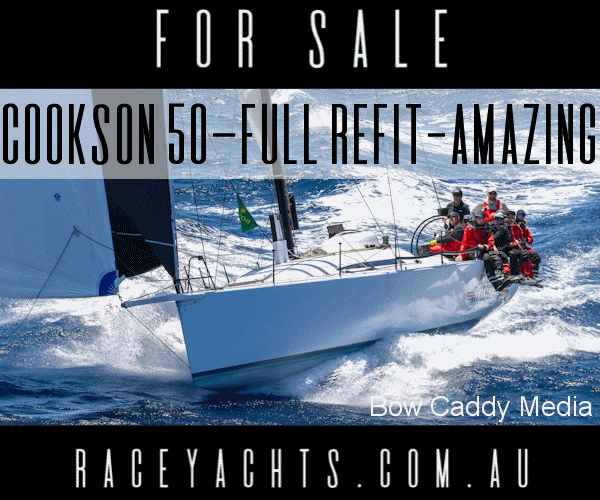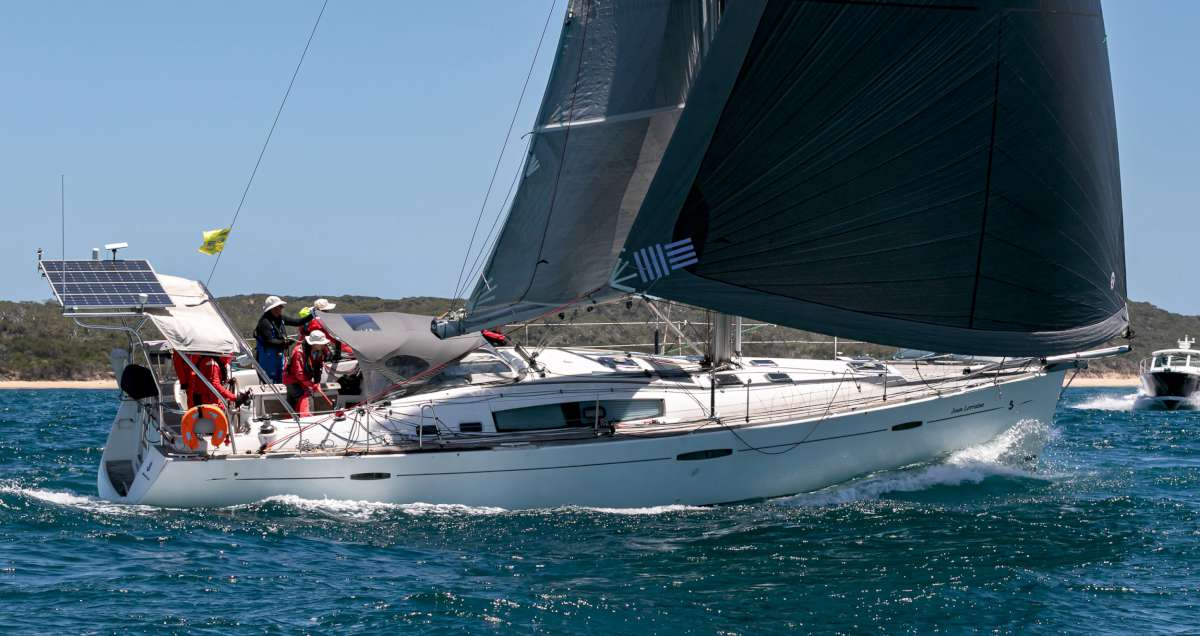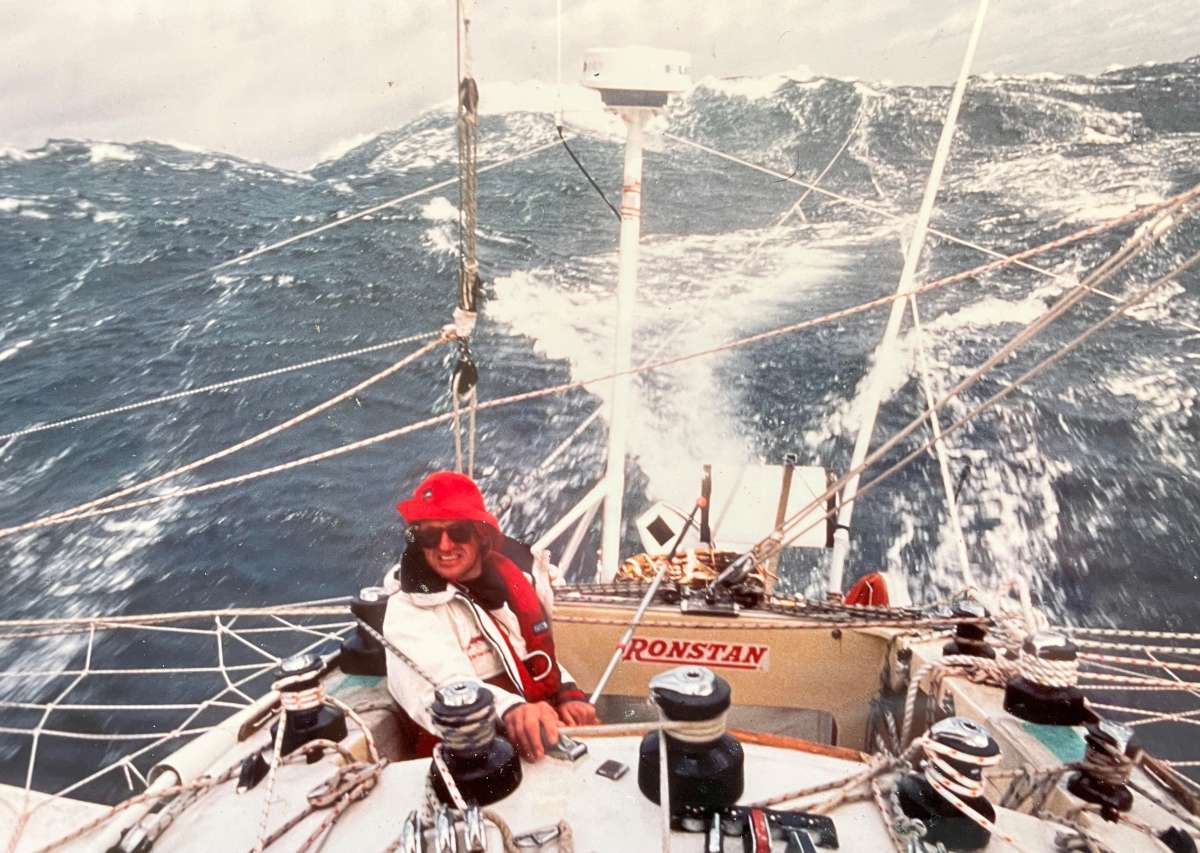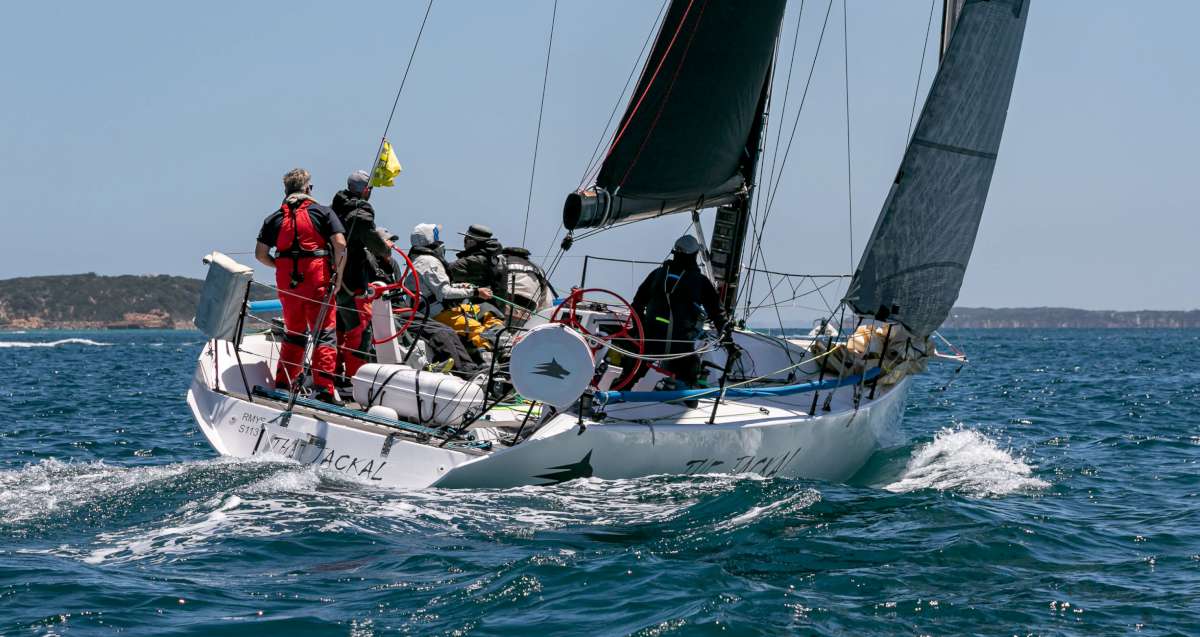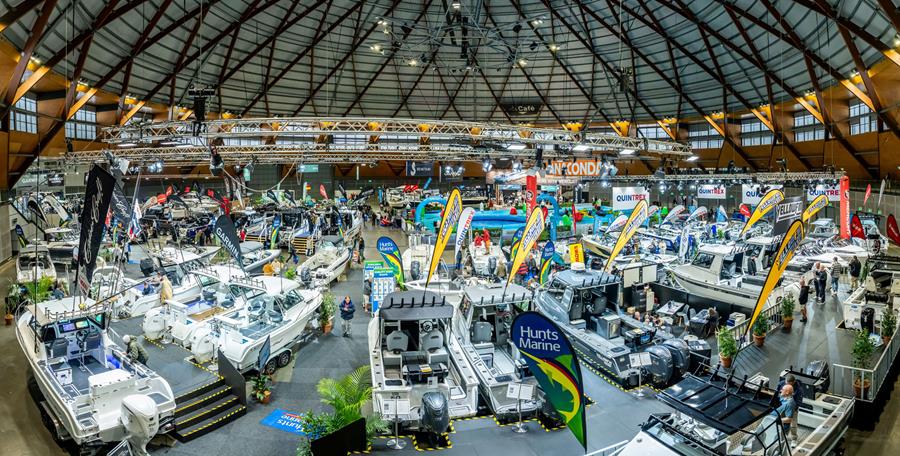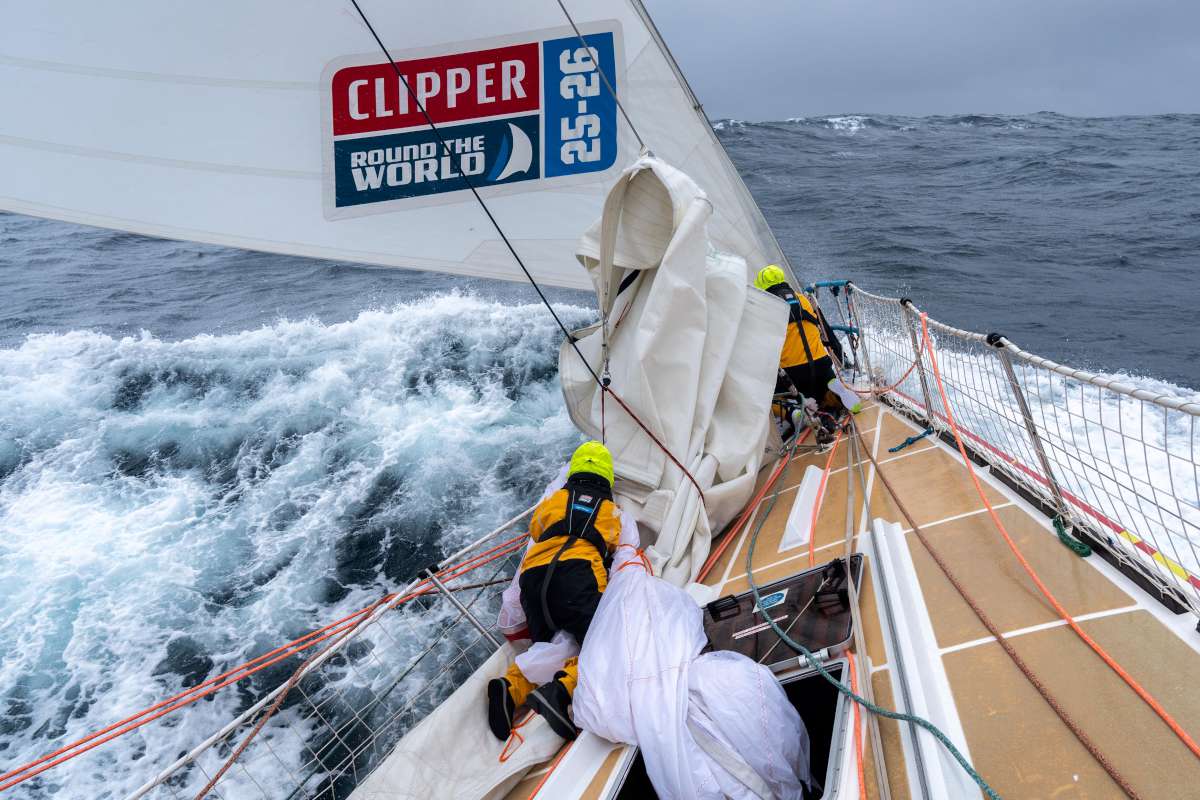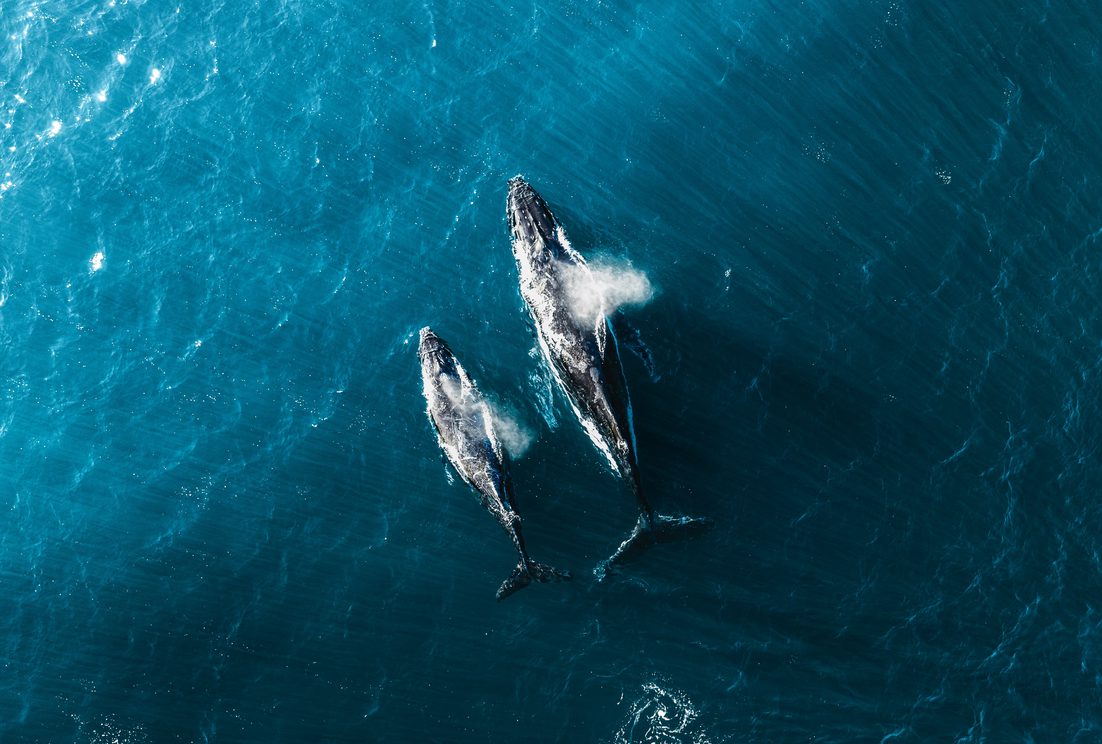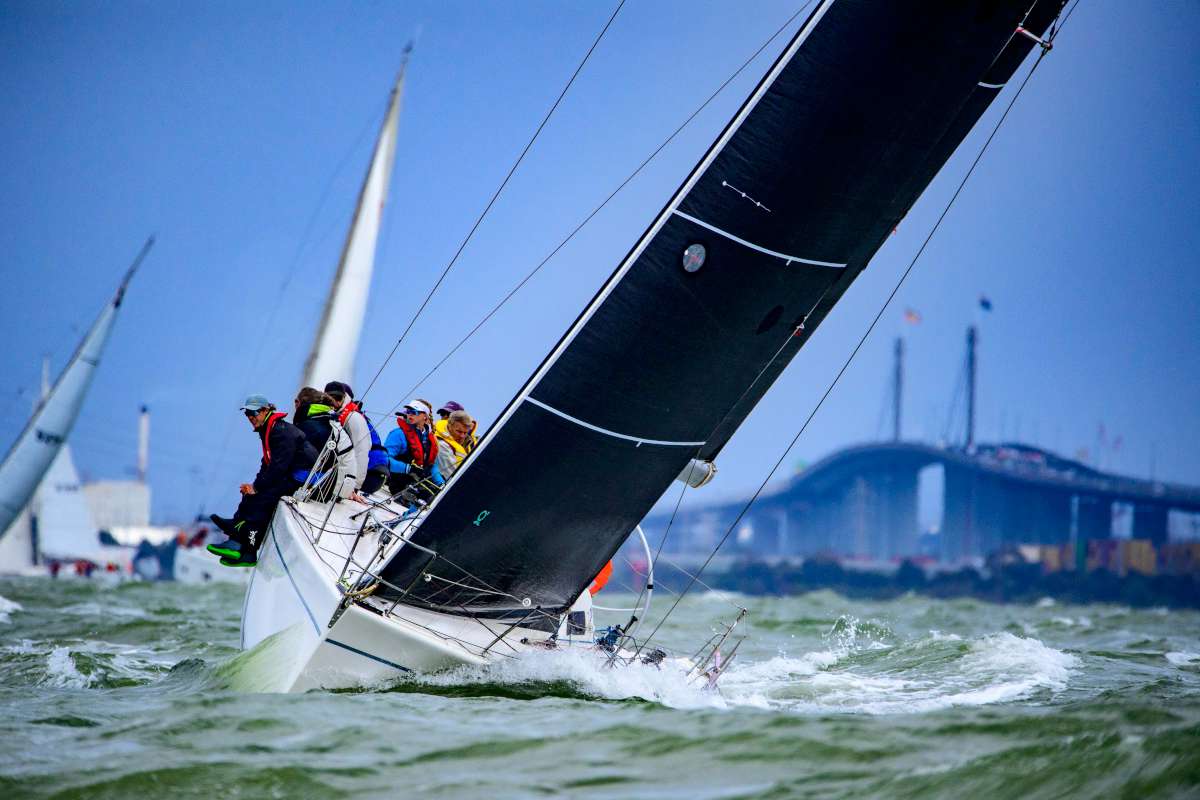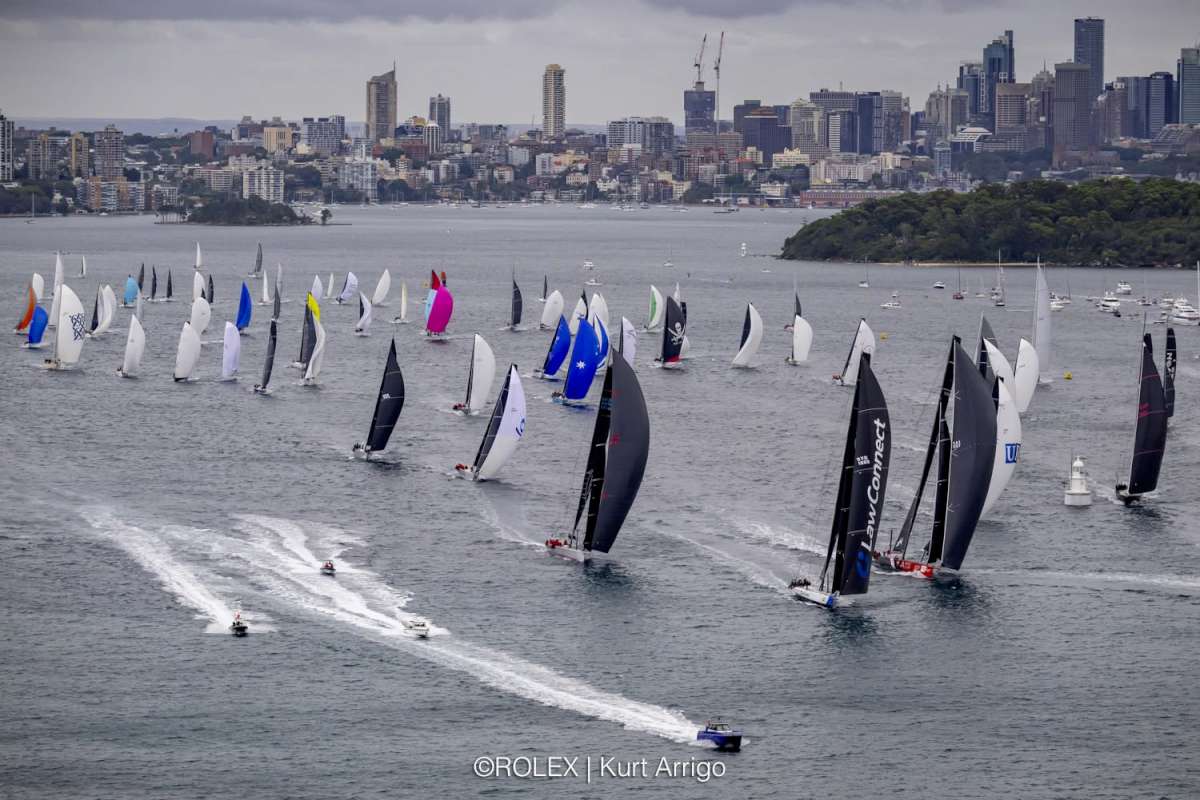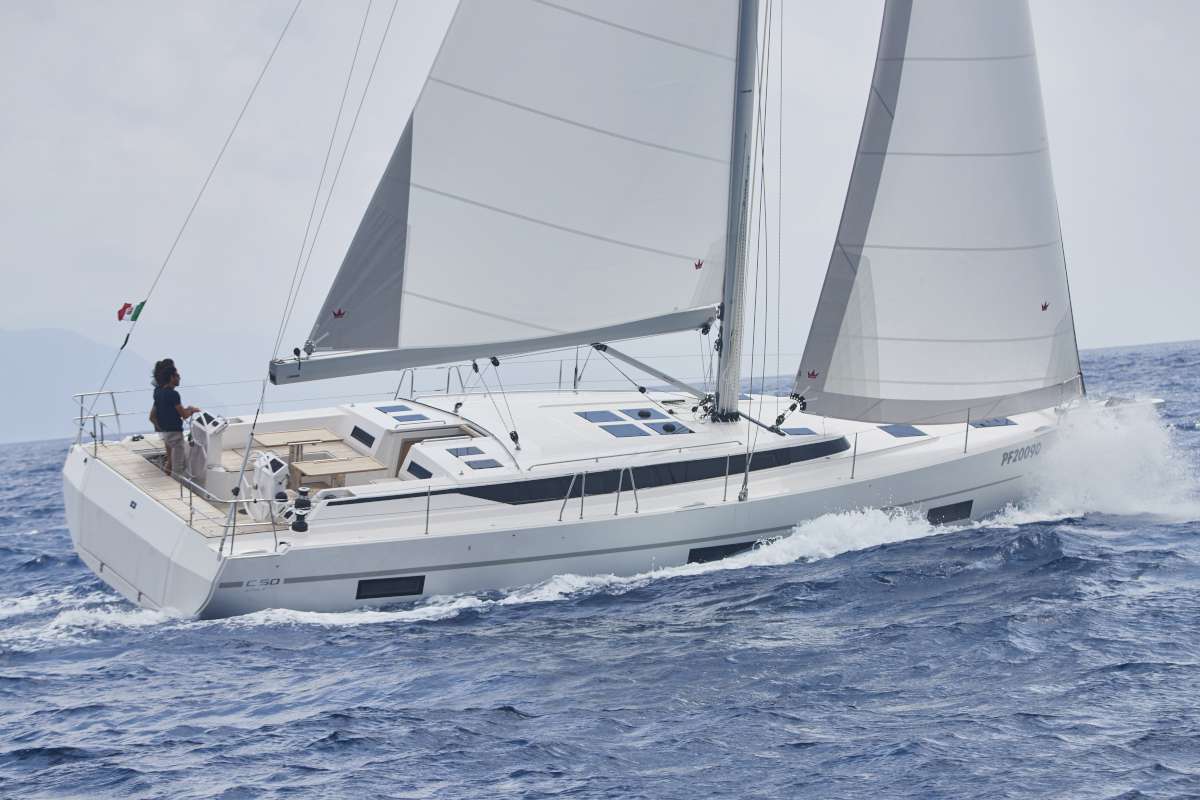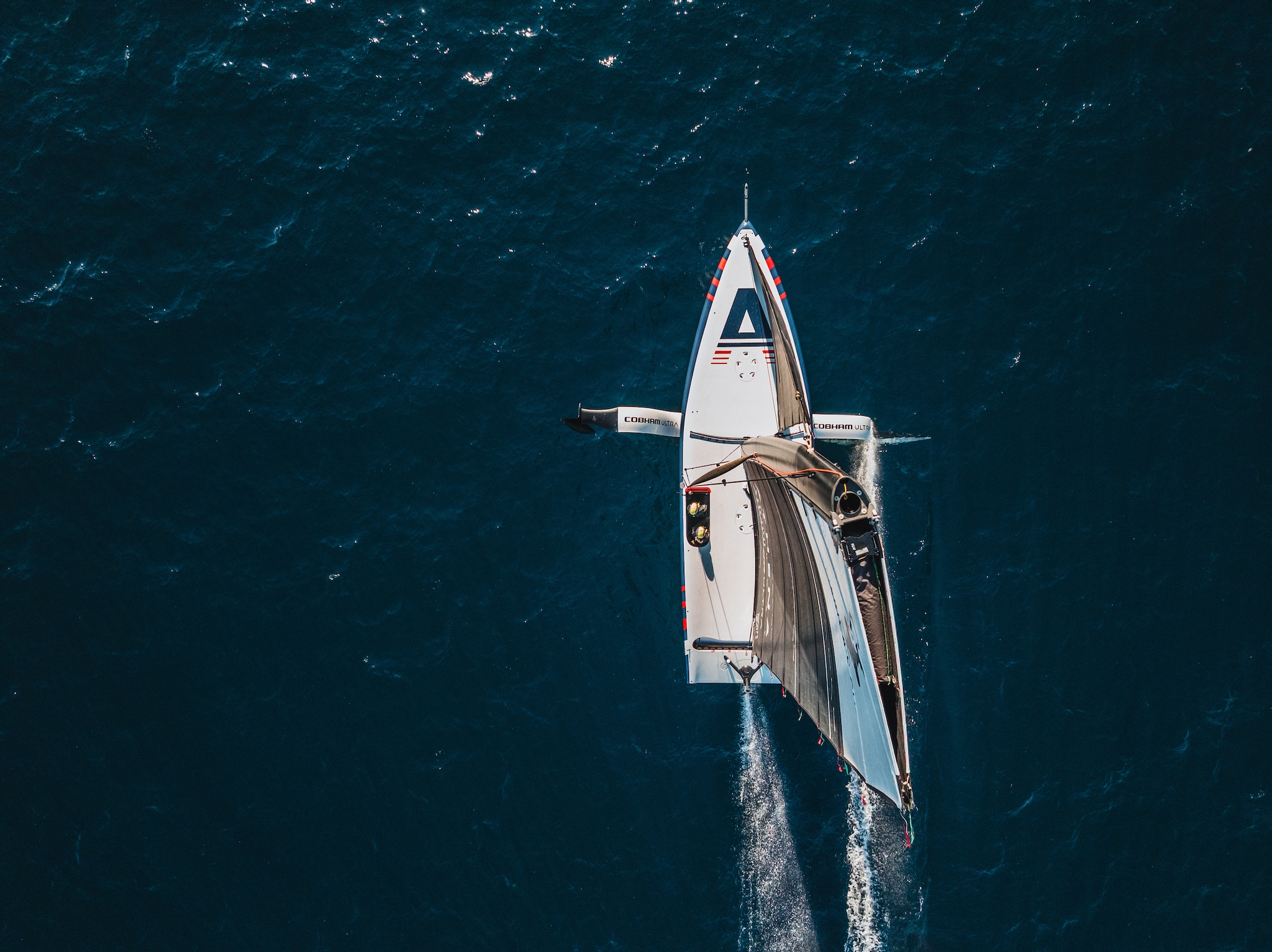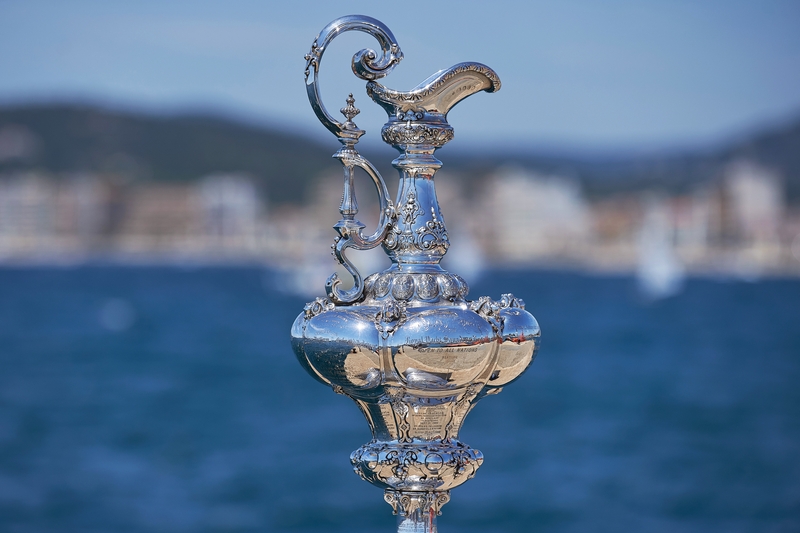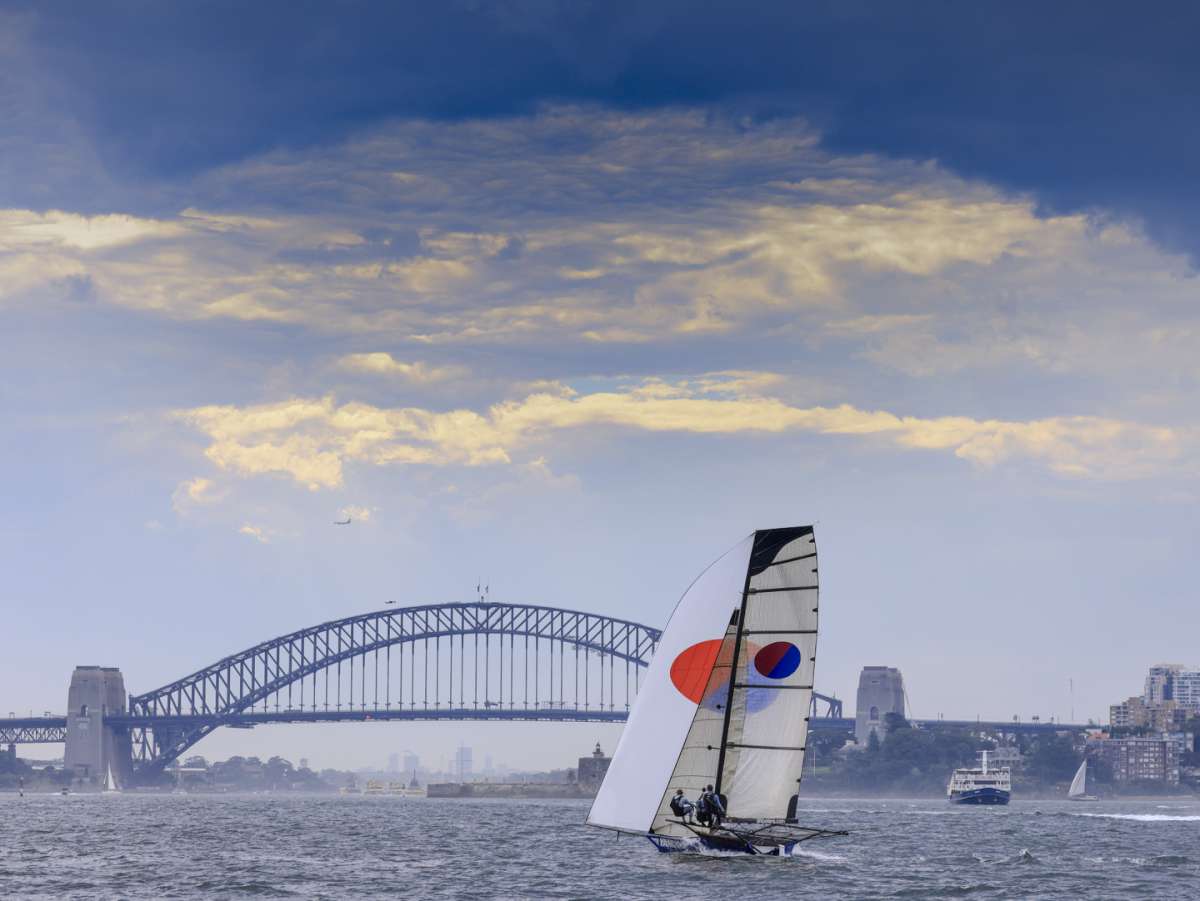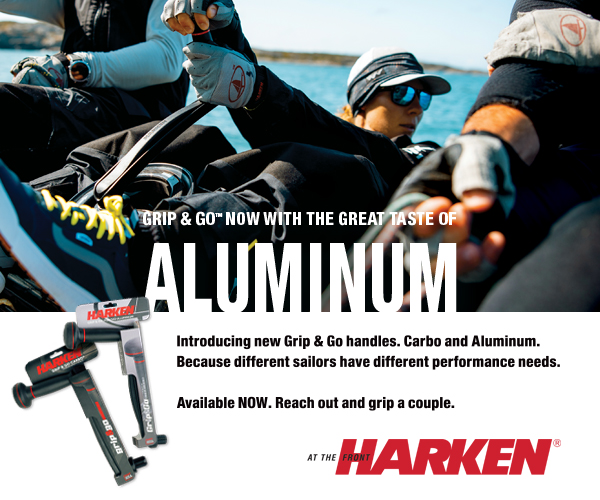Practical: Bluewater cruising
Now an old salt after a cruise through Indonesia, Papua New Guinea and the Solomon Islands, Trish Comer reflects on the things she definitely would not leave home without next time around.
The old catch-cry from a well-known credit card has a definite place in cruising. Your choice of destination, and the type of boat you travel in will determine to some extent the list of must-haves.
My husband, Kevin, our spaniel cross, Mani, and I travelled through Indonesia, Papua New Guinea and the Solomon Islands on our 12-metre, steel-hulled Robert Spray-design ketch, Auspray. From that experience we learned that for an international cruise to developing country destinations the following items are all seriously worth thinking about. We learned some of these the hard way.
1. A reliable autopilot ð including, if affordable, a backup.
It's no joke to hand-steer for more than a day and there is no such thing as a replacement in developing countries. Make sure your autopilot is up to the challenge. Autopilots come in so many different shapes and sizes. Some are really only suitable for short trips. If your current autopilot is getting a bit old, buy your new one before setting off. If your current one is fairly new, get it serviced before you go.
2. Oil filters, fuel filters and air filters
Enough for the anticipated time away plus three months. Everyone has the purest intentions of doing “more sailing” if in a sailing vessel but most of our neighbouring developing countries are in the tropics and the weather rarel obliges. Estimate that two-thirds of your trip will involve motoring. It took us three months to locate and have delivered suitable oil filters. A worrying time for our chief engineer. Incidentally, as a last resort, if you have to use an oil filter a second time, rinse thoroughly with petrol and let it dry.
3. Chocolate
This should have been number one. At some stage in your travels you will have to accept the fate of a drying-out chocoholic but try to ease that by making sure you take as much as you can with you. In major town centres you can find some forms of chocolate, but they are usually a disappointing exercise, either heat affected, or made in some country not reknowned for its chocolate-making expertise.
4. Beverages
If you brew your own beer (which you should do if you like a drop because it is the best beer you will find in your journey) take plenty of the kit materials. Make sure you have spare taps. Standing on your brew-kit tap and breaking it can be quite a sad moment without a spare.
If you bring a soda stream, another fantastic extra for such a trip where the local sodas are sugary sweet or the ubiquitous cola, don't rely on the guidelines for use of the cylinders. Take plenty of extra cylinders. You will see nothing like them in your journey, and you can't get them posted/delivered.
5. Spare parts
This is a real balancing act. No matter what spare parts you take you will find that it is the one you don't bring you will need. You have to accept that there will be a need to get things delivered to you. Think hard about how you will arrange this if in a developing country. Internet and phone banking are essential if you don't have a finance manager back at home.
6. Communication facilities
We met plenty of cruisers who didn't have HF radio. I wouldn't be without it, if only so you can access the Sheila Net and trade information with other cruisers.
In many developing countries you will not be able to email friends and family. In eastern Indonesia our first internet café, after two months of travel, was in Ambon. Local calls seem to be generally subsidised by overseas calls. The latter are very, very expensive. Sat phones are great but not many of us have them. Also, you have to rely on catching the person when you call. Finally, complex instructions for how to install a new piece of equipment are not easily given on the phone. Ultimately, we turned to Sailmail, and we are true converts now. In short, I wouldn't go cruising developing countries without it.
7. Medical supplies
A fully kitted-out first-aid kit is essential including a decent book. With Sailmail, you can also do enquiries for additional information. Take what you think you need for a worst-case scenario in terms of antibiotics ð along the lines that each crew member will require each category of antibiotics at least once. Have some general antibiotics as backups but remember that general antibiotics are very cheap in developing countries and easy to access in major centres.
Find out what diseases are present in the areas you will be visiting. Malaria is endemic in most developing countries, for example, and there is a substantial variation in prophylactic and treatment methods. Look on the internet, the WHO site for example, to research the countries you are going to. Don't assume that ð because you will be sensible and anchor a way off shore, with screens and coils and repellents ð that you will be safe. Listen to local advice but don't believe everything you hear.
By the way, if you have a pet on board, think about their medical needs en route too. No such thing as vets and pet supplies. Our beloved pooch had her very own first-aid kit ð and we had to use it too.
8. The little luxuries
I like to use good-quality breadmaking flour, for example. I have a favourite brand. We packed and vacuum-sealed enough of that brand for nine months. If you're like that with any product, bring plenty of it. Overall, there are heaps of main centres along the way to provision, and you don't need to worry too much about running out of things in the long-term. I love to check out the shops in a town, but not everyone does, so the more you bring the less you need to shop for along the way. But it's the little things ð preferred toiletry items, gourmet treats, for example, that you are unlikely to be able to replace.
The rule of thumb I have applied for quantities in assumedly irreplaceable provisions is “estimated trip time plus three months”. There are plenty of other approaches though. One couple of cruisers we met always stocked up with enough for two years before setting off to major destinations.
9. A sound electrical system
For all the talking that goes on about refrigeration and power supply in marinas and around boat clubs, so many of us leave home without ensuring our electrical system is up to the challenge. New batteries are the obvious part of this, but do you really know if your system can handle all that you are asking it to? Find out. Have backups. A reliable generator ð a spare alternator. If you don't have an external regulator, think about getting one. Once you have everything that you will be running off the system and all your new parts installed, give your electrical system an extended test run before you leave.
10. Phrasebooks and dictionaries
If you are travelling to developing countries, be prepared for a journey of people. You will regularly find yourself in non-English-speaking situations. At least one of the crew should take on the challenge of learning the local basic conversational language before you arrive at your destination. In eastern Indonesia we had only two occasions in three months where we were able to have a detailed dialogue in English with local people. Isolated private moments will be rare and valued, but the richness of your cruising experience will be enhanced if you speak with locals and welcome that opportunity.
11. A sense of humour
Last but not least, as the saying goes. Well if you didn't have a sense of humour you probably wouldn't even think of embarking on any sort of cruising adventure. No matter how experienced you are things will happen along the way, and there will be plenty of challenges. A good laugh fixes most things (perhaps not at the time, though!).
Of course, the list can go on and on. Some people enjoy planning for every contingency. Others don't. Planning is essential but ultimately there will be things you need along the way that you think to yourself, “if only I had thought of that before leaving”. That's OK. Its part of what cruising is about, and it makes for many of the challenges you will ultimately enjoy (in a kind of a masochistic way!) But most importantly, share your experiences with others ð no matter how experienced people are we can learn more, and it's fun doing so.
Trish and her husband Kevin have been sailing aboard their Robert Spray-designed steel ketch, Auspray, since mid-2002 and left Darwin in November 2006 for their first international voyage, so far visiting Eastern Indonesia, Papua New Guinea and the Solomon Islands.


